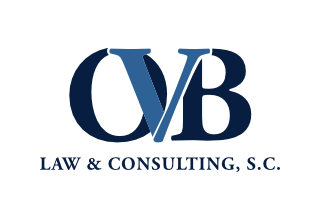Tort law covers a range of misconduct such as personal injuries, negligence, and malpractice. They are put in place to relieve injured parties from harm caused by other individuals or businesses. A business tort is a wrongful act committed against a business entity, either intentionally or due to negligence/recklessness, that causes a loss to a company. Though not always criminal offenses, some torts may be charged as such in a court of law.
During a business transaction, business fraud can be classified as omitting known information, knowingly making false statements, and other actions that are unfaithful to a partnership. Often, this is seen when a fraudulent entity pretends to engage in legitimate business and cheat others by not delivering services or the goods promised. To have a strong tort claim, is it important to prove that there was an intentional misrepresentation, the defendant replied on deception, and there was some form or harm or financial loss by relying on the misrepresented fact.
Tortious conduct, or intentional interference is unlawful and deliberate interference with a company’s business or contractual relationships. Most cases of interference will result in a breach of contract had with a third party. It is important to note: the person interfering must be knowingly and consciously interfering with normal business operation and lying while doing so. Blackmailing is another way tortious interference is seen in the business world by way of coercion into breaking a contract.
Damages are legal remedies in the form of compensation given to the victim for any losses. There are two forms of damages. Special damages compensate for specific financial loss the plaintiff suffered and general damages are intangible and non-monetary loss the plaintiff suffered. Punitive damages are awarded to punish the defendant. This is often once the court has deemed general or special damages will not adequately compensate the plaintiff for their loss. There are alternative dispute resolution tactics such as mediation or arbitration, especially if there is a contractual relationship present, but business litigation may be the best way to recoup damages.
Although the above examples are not exhaustive of the many applicable claims, tort law is meant to protect businesses and the people involved. Business torts are often devious in nature and boil down to wrongful business practices. If you believe your business have suffered loss in any given knowing or negligent manner, the attorneys at OVB Law & Consulting, S.C. may be able to help recover damages.
“If the wrongdoer knew about the contract between the other parties and deliberately interfered, leading to a breach, they can be held liable for the breach.” — Kang Haggerty



